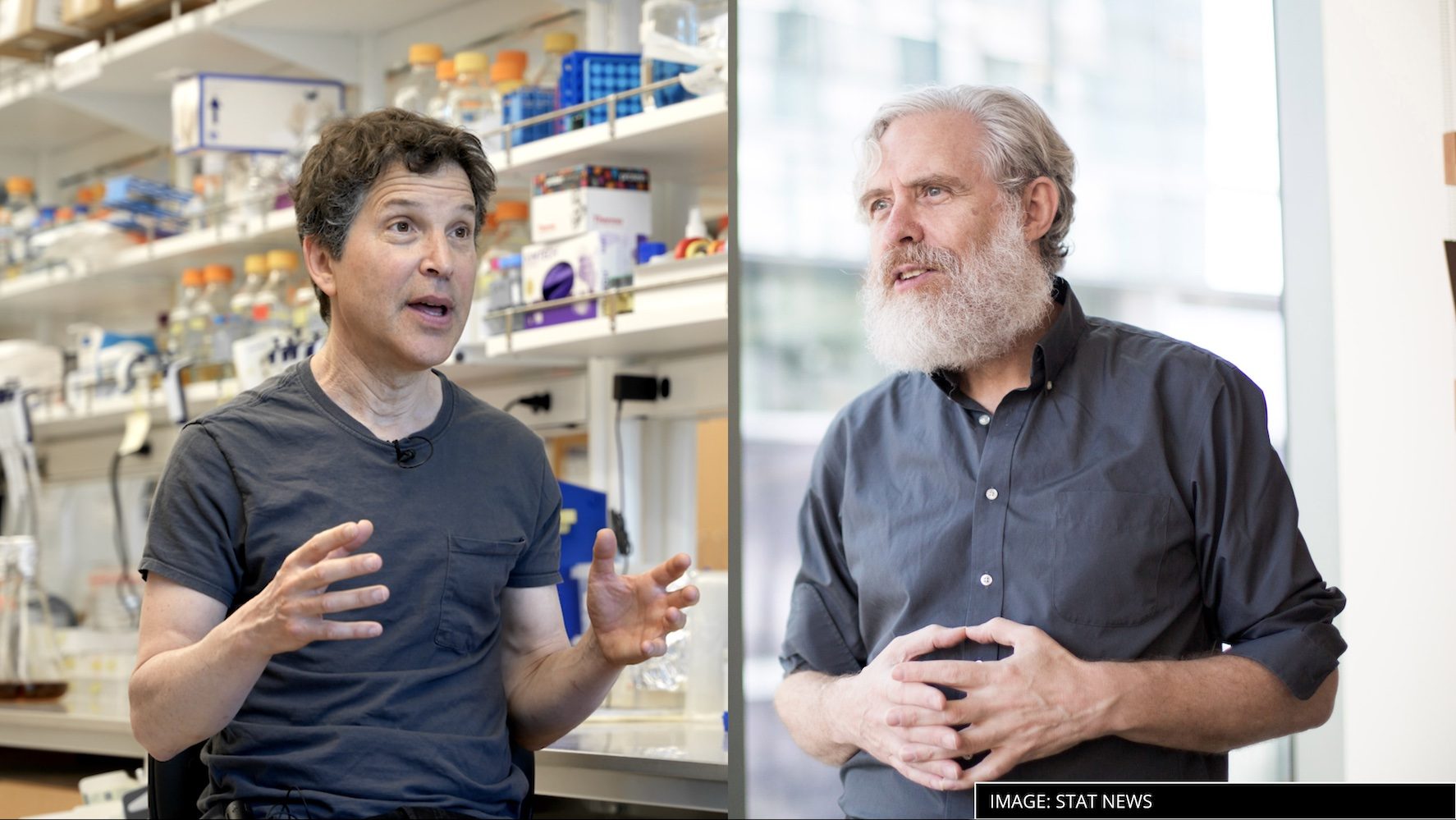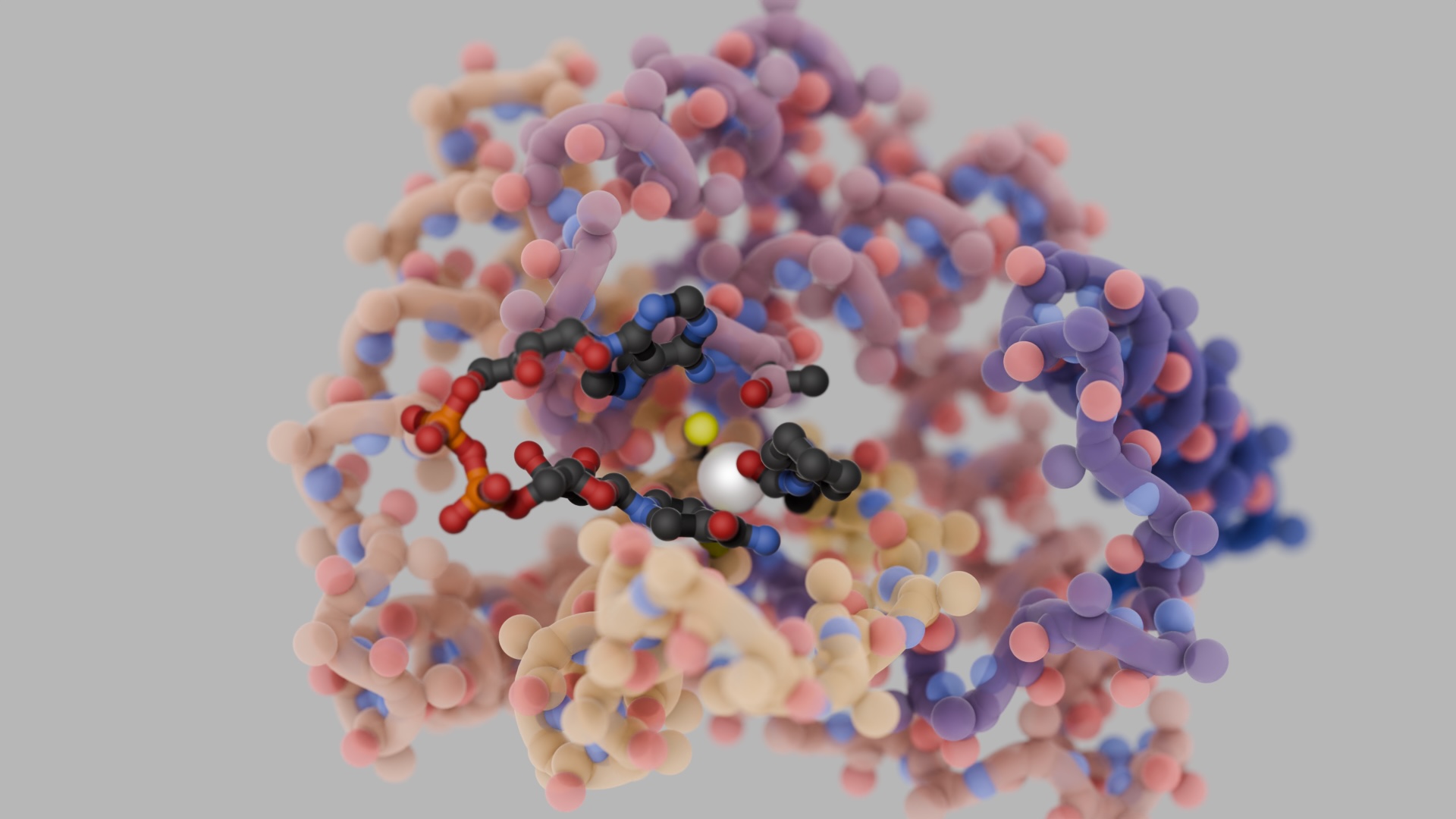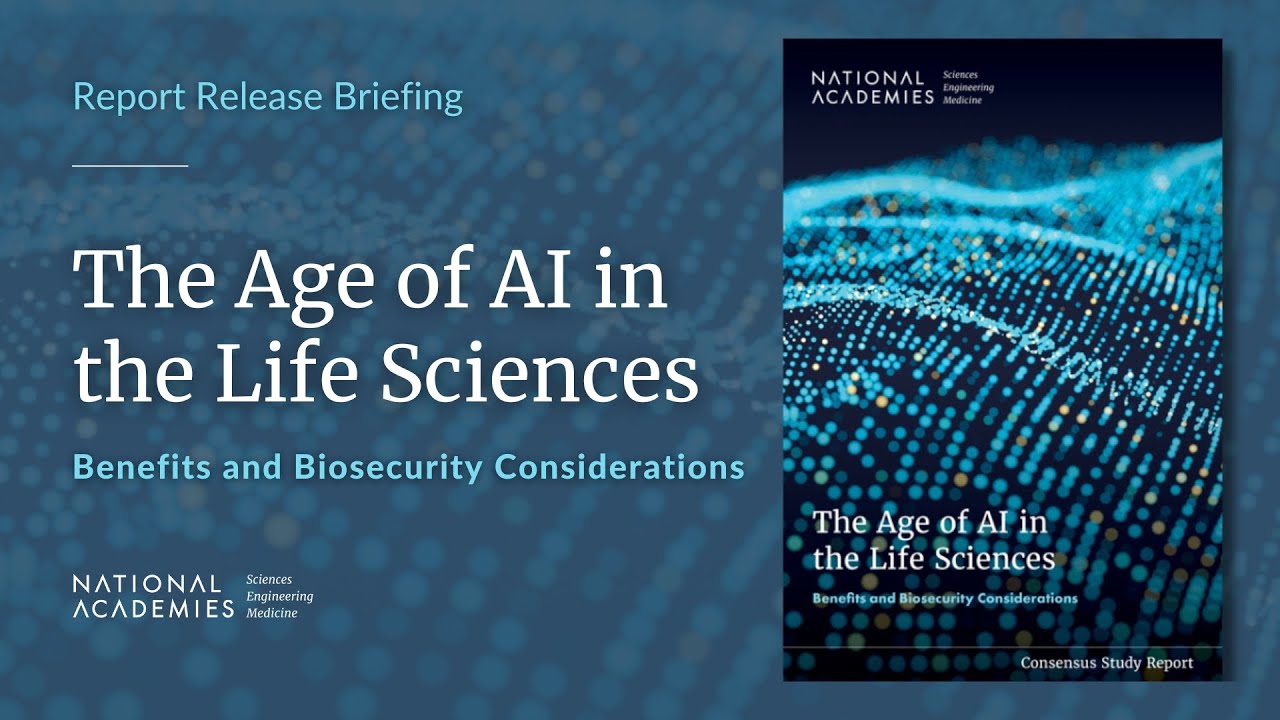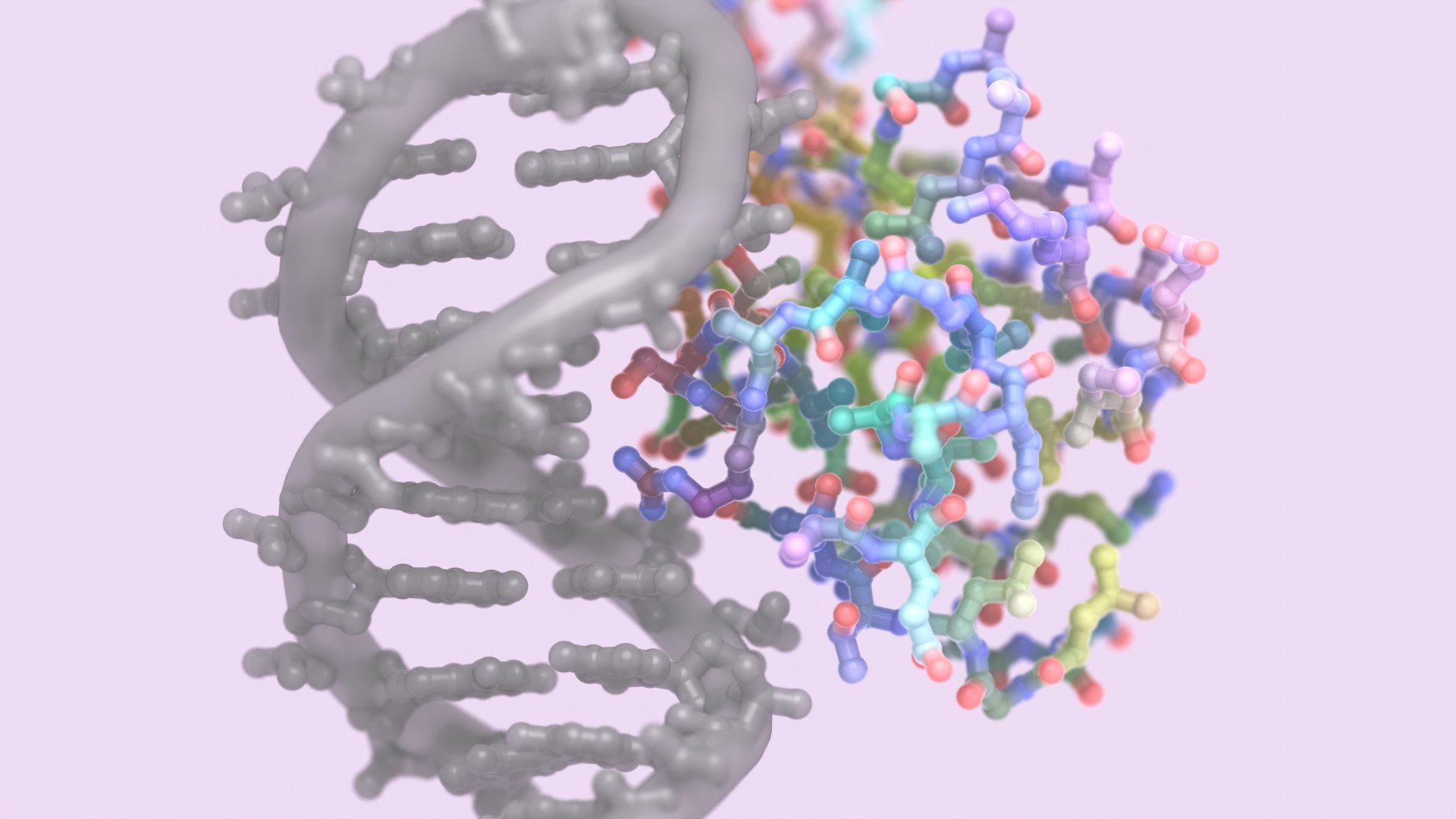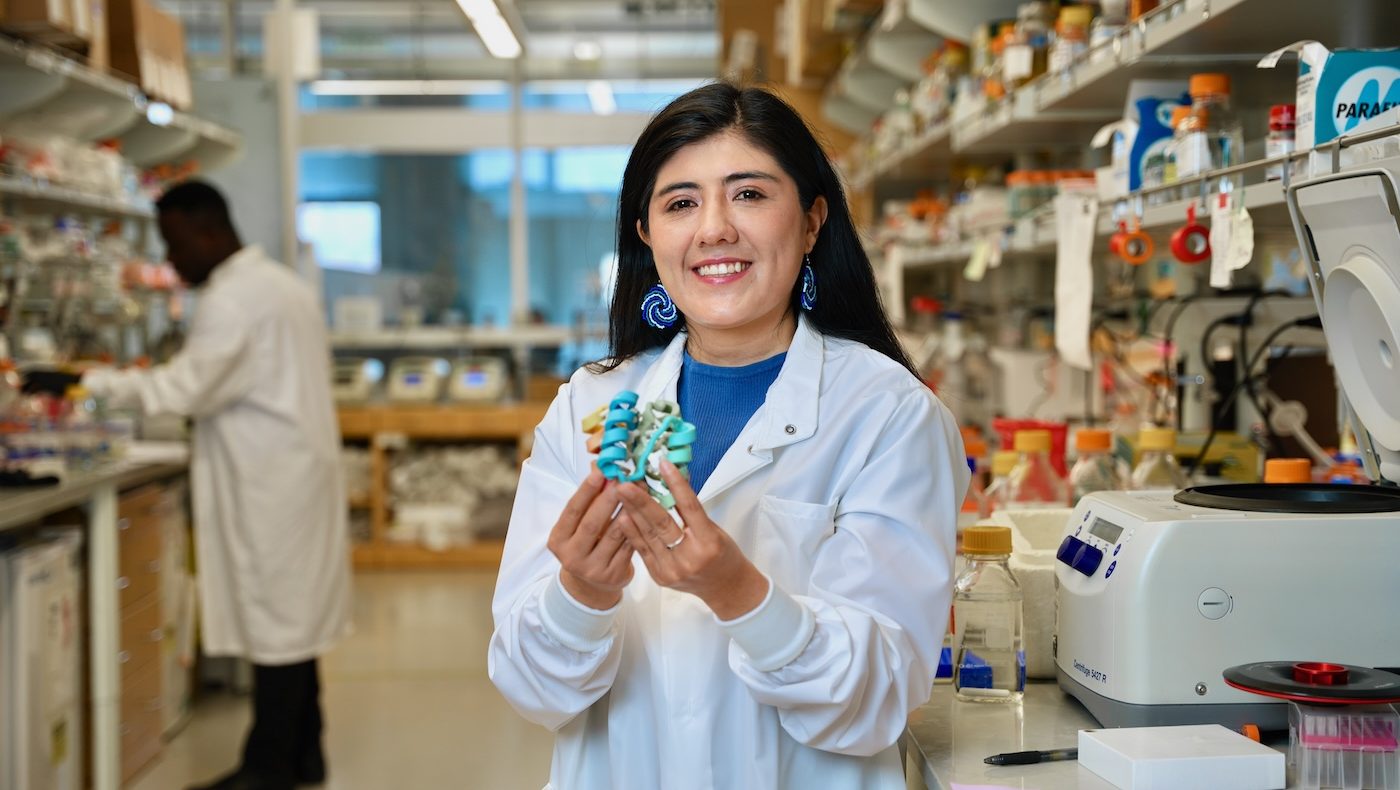To maintain biosecurity in the age of AI, all synthesized DNA sequences should be screened and logged, according to two leading scientists. Such records could be decrypted and scrutinized in the event of a novel biological threat, a practice that may help deter the misuse of biodesign software.
David Baker and George Church — two professors whose research has helped define modern biotechnology — published an editorial in Science this week calling for enhanced screening and universal logging for all manufactured DNA sequences.
“This would present a practical barrier to the creation of harmful biomolecules, whether accidental or intentional,” they write. Their commentary, Protein design meets biosecurity, was published Jan 25.
From Science
“The power and accuracy of computational protein design have been increasing rapidly with the incorporation of artificial intelligence (AI) approaches. This promises to transform biotechnology, enabling advances across sustainability and medicine. DNA synthesis plays a critical role in materializing designed proteins. However, as with all major revolutionary changes, this technology is vulnerable to misuse and the production of dangerous biological agents. To enable the full benefits of this revolution while mitigating risks that may emerge, all synthetic gene sequence and synthesis data should be collected and stored in repositories that are only queried in emergencies to ensure that protein design proceeds in a safe, secure, and trustworthy manner.”
Read the full article at science.org
About the authors
David Baker, PhD, is the director of the Institute for Protein Design and a professor of biochemistry at the University of Washington. His research group develops and uses software for protein design. In recent years, they have created powerful deep-learning technologies, including RFdiffusion and ProteinMPNN, that can be used to generate biomolecules with new functions.
George Church, PhD is the Robert Winthrop professor of genetics at Harvard Medical School and a leading figure in the development of modern DNA sequencing and synthesis technologies. He has been involved in creating biosecurity policy for over 20 years. He is also a member of our Advisory Board.
Our commitment to AI safety and security
Last October, we convened a first-of-its-kind summit on the responsible development of AI technologies in the field of protein design. Our event brought together leading academics from around the world and representatives from other sectors including private industry, non-profits, and the US and UK governments. Security concerns and solutions were discussed.
The editorial published by David and George this week was inspired by conversations that occurred at our summit. The need for community guidelines to drive the development of safe and secure AI technologies was also emphasized at the event. Those guidelines are in development and will be shared soon.

